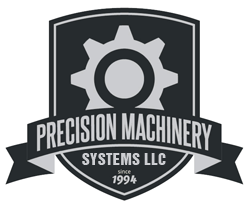7 Remarkable Advantages of The Trash Compactor for Global Buyers
In today's increasingly eco-conscious world, the need for efficient waste management solutions has never been more pressing. Among these, "The Trash Compactor" stands out as an innovative tool that not only simplifies waste disposal but also promotes a sustainable lifestyle. With urban areas expanding and waste production on the rise, the benefits of incorporating a trash compactor into households and businesses are both compelling and numerous. This article will delve into seven remarkable advantages of The Trash Compactor that are particularly relevant to global buyers seeking to enhance their waste management practices.
As we explore the features and benefits that make The Trash Compactor a game-changer, it becomes evident that its impact transcends mere convenience. From reducing the frequency of waste pickups to minimizing landfill contributions, this ingenious appliance is designed to cater to the needs of diverse consumers around the world. Whether you are a homeowner looking to keep your living space tidy or a business striving for operational efficiency, The Trash Compactor promises to deliver on multiple fronts, seamlessly integrating into your daily routine while fostering a healthier planet for future generations.
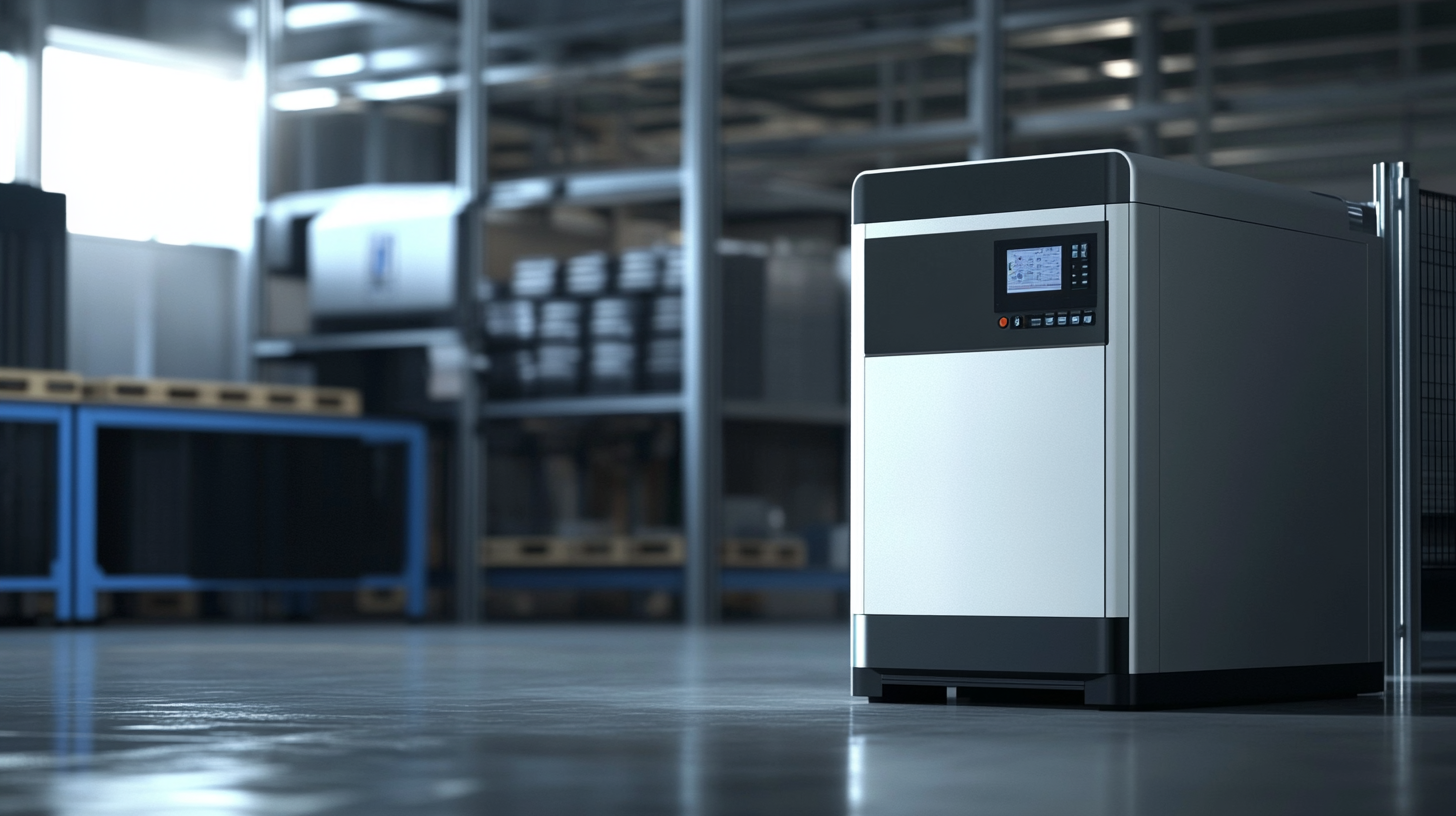
Transforming Waste Management: The Role of Trash Compactors
As urban areas worldwide confront escalating waste management challenges, innovations such as trash compactors are playing a transformative role in enhancing waste management efficiency. With the growing pressure on cities to manage increasing waste volumes sustainably, the adoption of advanced waste compactors is proving crucial. For instance, recent reports highlight that ineffective waste management systems currently struggle to cope with the millions of tons of garbage generated daily, necessitating smarter, more sustainable solutions. In Africa, cities like Nairobi are implementing new strategies to address waste management. The governor's initiative to deploy garbage compactors is aimed at making Nairobi the cleanest city on the continent. This move aligns with global trends where cities are investing in waste management technologies. For example, solar trash compactors are emerging as viable options, with a market projected to reach approximately $165.1 million between 2023 and 2031, reflecting a growing shift towards renewable energy in waste disposal. Moreover, the integration of artificial intelligence into waste management promises to revolutionize the sector by automating and optimizing waste collection processes. This technological advancement is pivotal as municipalities strive to transition from traditional “take-make-dispose” approaches to more sustainable models that prioritize reuse and recycling. Indeed, smart waste management solutions not only contribute to cleaner urban environments but also play a significant role in advancing the circular economy, reinforcing the necessity of transforming waste into valuable resources.
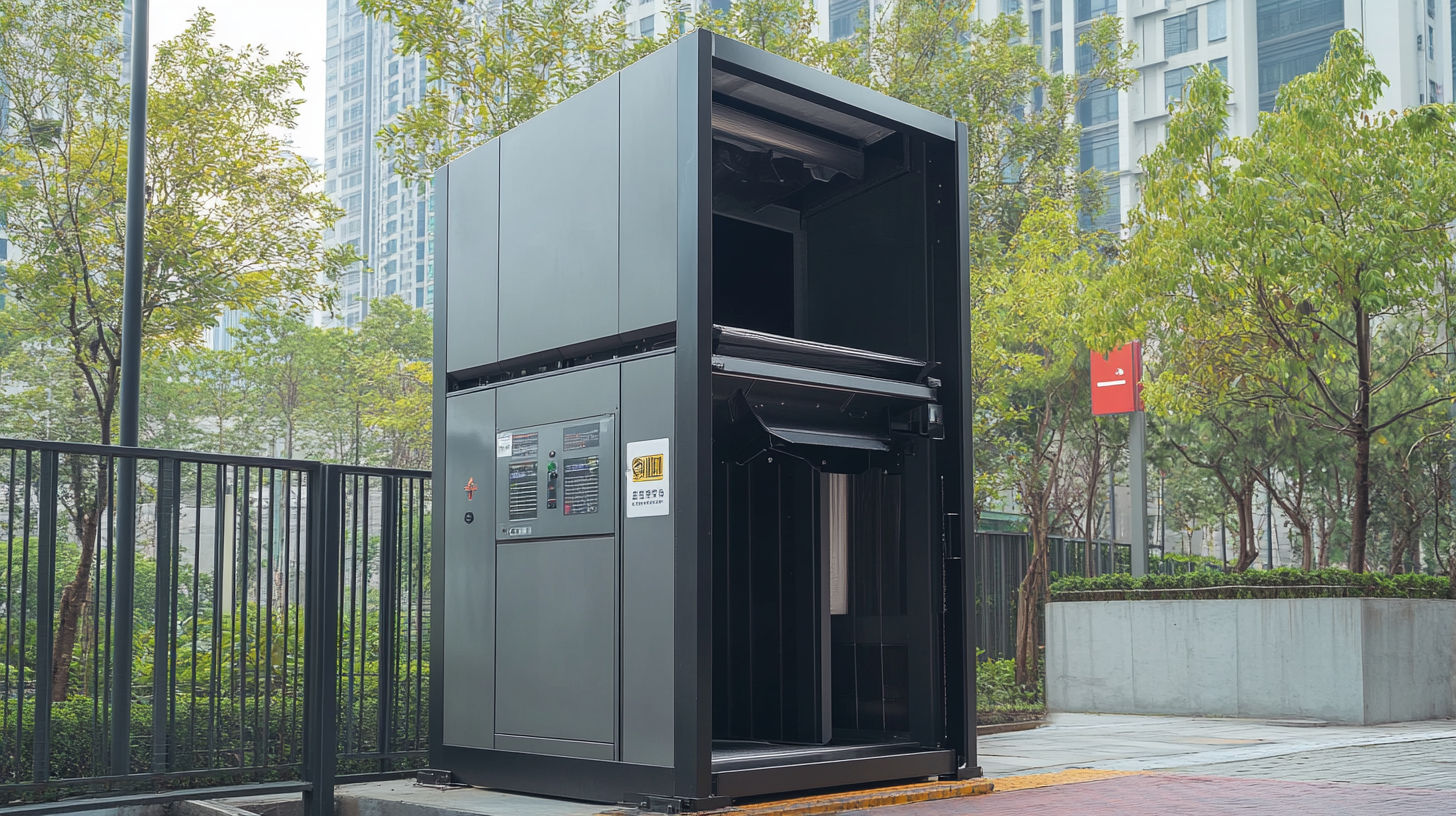
Enhancing Space Efficiency: How Trash Compactors Maximize Storage
Trash compactors have emerged as a game-changing solution for maximizing space efficiency in both residential and commercial settings. According to a report by the Waste & Recycling Industry Association, up to 40% of the average household's waste can be organic materials that take up significant space. By effectively compressing these materials, trash compactors can reduce their volume by up to 75%, making waste storage more manageable and convenient.
With this efficiency, businesses, particularly in the retail and hospitality sectors, can optimize their waste management processes. A study by Waste Management Research Journal noted that companies using trash compactors saw a 30% reduction in waste collection frequency, translating to lower disposal costs and reduced carbon footprints. By consolidating waste into smaller volumes, establishments can allocate more resources to customer service and product offerings rather than waste handling.
Moreover, compactors not only facilitate significant reductions in waste volume but also enhance safety and cleanliness. This is especially relevant in high-traffic areas, where large bins can pose hygiene risks. The American National Standards Institute recommends the use of compactors to ensure compliance with health regulations, noting that facilities implementing compactors experienced a 25% fewer incidents of pest infestations. Thus, trash compactors serve as a dual-purpose tool, ensuring efficiency in storage while maintaining a cleaner environment.
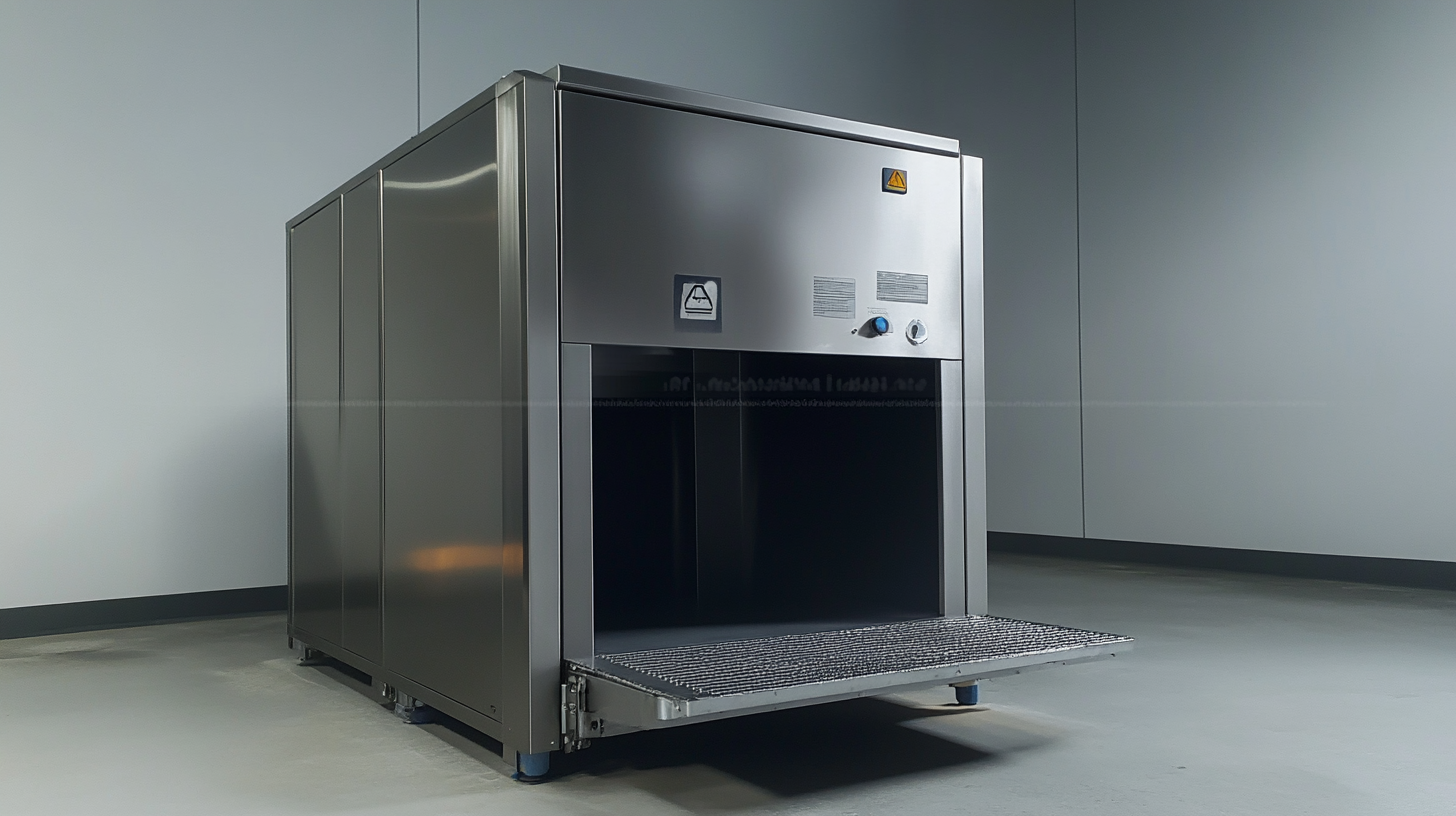
Cost-Effective Solutions: Economic Benefits of Using Trash Compactors
In today's rapidly evolving marketplace, businesses, especially small and medium-sized enterprises (SMEs), are under increasing pressure to balance economic growth with environmental sustainability. Utilizing trash compactors offers a cost-effective solution that not only enhances waste management efficiency but also aligns with these sustainability goals. By compressing waste, trash compactors reduce the volume of garbage that businesses need to manage, leading to lower disposal costs and decreased frequency of waste collection. This shift can result in substantial long-term savings for SMEs.
The global market for trash compactors is on the rise, expected to grow significantly by 2033. As waste management becomes a priority for industries such as hospitality and retail, which have historically lagged in this area, adopting trash compactors can present an opportunity for improvement. For instance, with a considerable percentage of hospitality businesses not currently utilizing compactors or balers, integrating these devices can lead to better resource management and reduced operational costs.
Furthermore, creating efficient waste disposal systems not only improves a company's bottom line but also contributes positively to the environment. By minimizing waste volume, businesses can lower their carbon footprint and promote recycling initiatives. Incorporating trash compactors into waste management strategies is a strategic move that reflects a commitment to sustainability, positioning companies favorably in a competitive market that increasingly values eco-friendly practices.
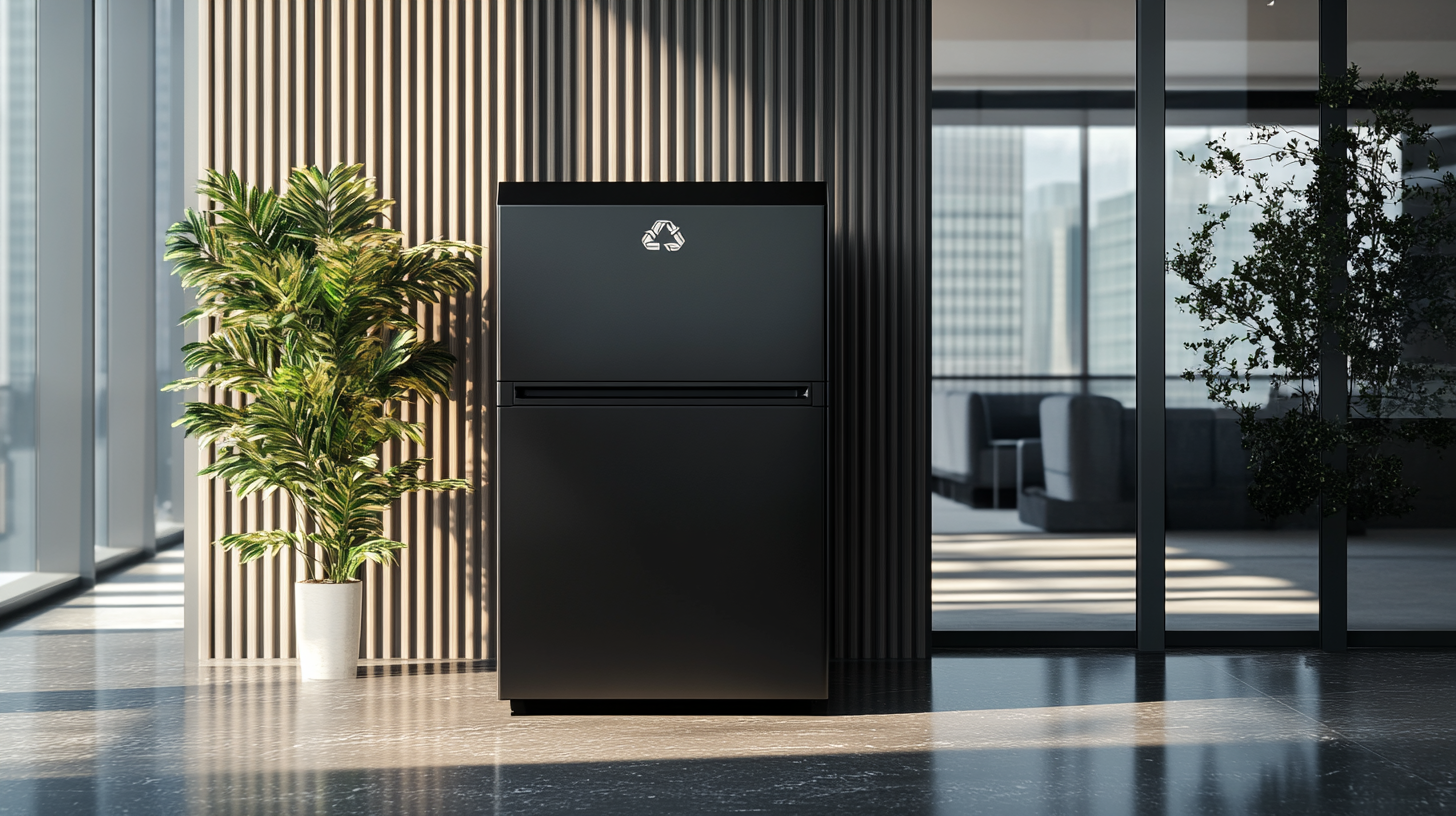
Promoting Sustainability: Environmental Benefits of Trash Compactors
Trash compactors are increasingly becoming a staple in households and businesses, not just for convenience but also for their substantial environmental benefits. By reducing the volume of waste, these machines play a crucial role in promoting sustainability. When waste is compacted, it takes up significantly less space, which means fewer trips to landfills are needed. This not only decreases transportation emissions but also extends the lifespan of existing landfill sites, ultimately contributing to a reduction in the environmental footprint of waste disposal.
Moreover, trash compactors help encourage more responsible waste management practices. With the ability to compress waste into manageable bundles, individuals and organizations are incentivized to adopt better sorting practices, leading to higher rates of recycling. When waste is reduced at its source, the proportion of recyclable materials increases, allowing them to be diverted from landfills and processed appropriately. This process not only lessens the burden on our landfills but also promotes a circular economy where materials are reused rather than discarded.
Additionally, using trash compactors can lead to significant cost savings. By reducing the volume of waste, users can lower their waste collection frequency, thus minimizing waste management costs. This financial aspect can motivate more businesses to adopt sustainable practices, creating a ripple effect that enhances environmental consciousness within communities. As global buyers increasingly prioritize sustainability, the advantages of trash compactors will continue to resonate, making them a valuable asset in the quest for a greener planet.
Convenience and Ease: Streamlining Waste Disposal with Compactors
The convenience and ease of using trash compactors significantly enhance waste disposal processes for households and businesses alike. As urban environments continue to face challenges related to solid waste management, compactors serve as a vital tool in streamlining these tasks. Recent studies indicate that poor waste disposal practices hinder the progression towards integrated solid waste management systems, particularly in regions like the East Coast of Malaysia, where residents struggle with effective household waste management. Implementing compactors can mitigate these issues by reducing the volume of waste and promoting better sorting practices.
Moreover, cities that acquire garbage compactors demonstrate a commitment to improving accessibility for vendors and residents. The introduction of compactors at key locations facilitates efficient waste disposal, thereby enhancing community participation in waste management initiatives. For example, a statewide campaign focused on reducing contamination in recycling efforts emphasizes the importance of proper disposal practices. With the implementation of trash compactors, communities can better manage their recyclable materials, leading to a greener environment and improved resource recovery.
Additionally, advancements in compactor technology, such as enhanced operator comfort and safety features, contribute to their ease of use. Operators benefit from user-friendly designs that promote safety and reliability, allowing them to efficiently manage waste while minimizing potential hazards. As cities continue to evolve in their waste management strategies, the integration of compactors not only streamlines the disposal process but also serves as a critical component in fostering a culture of responsible waste management.
